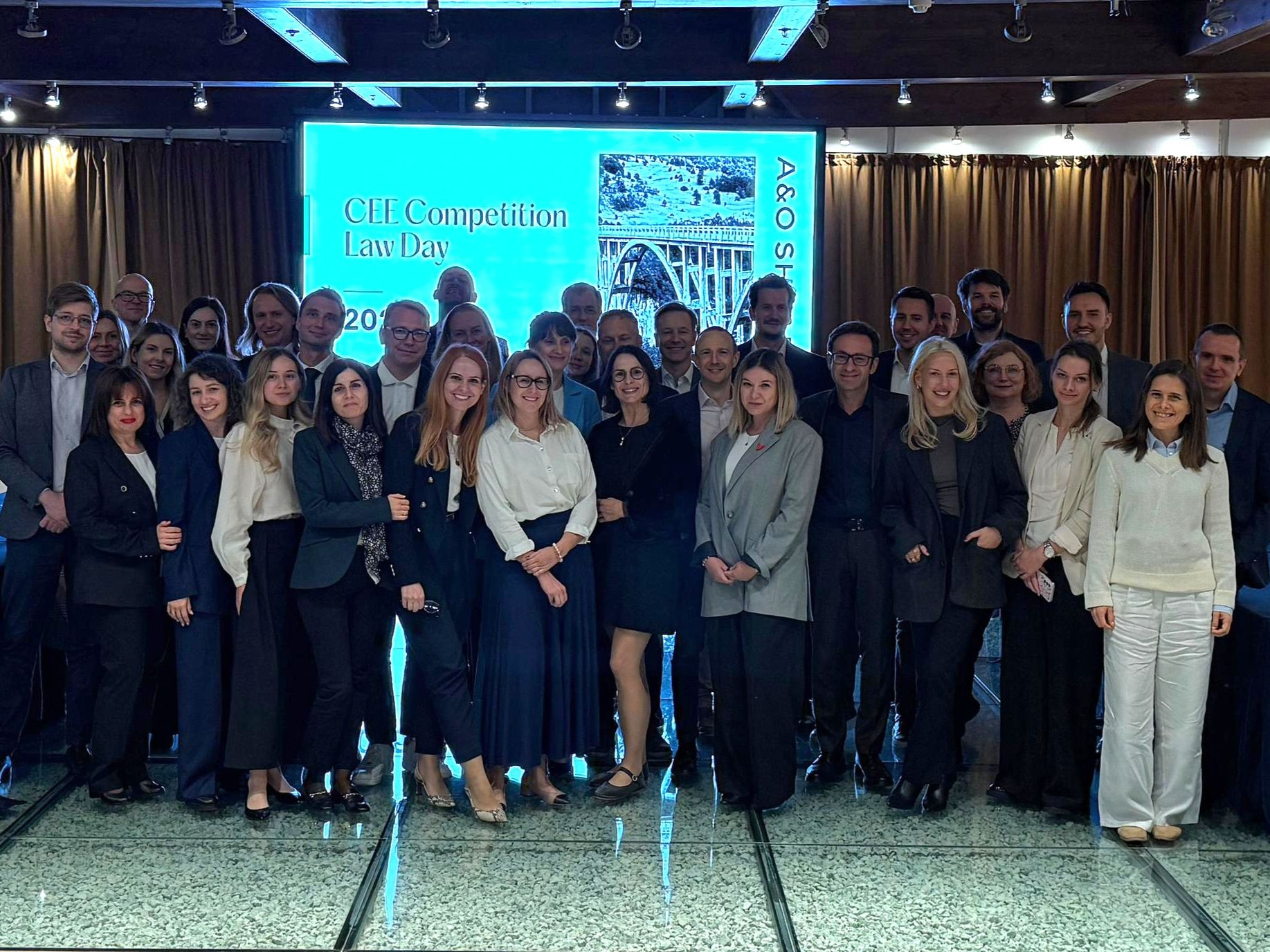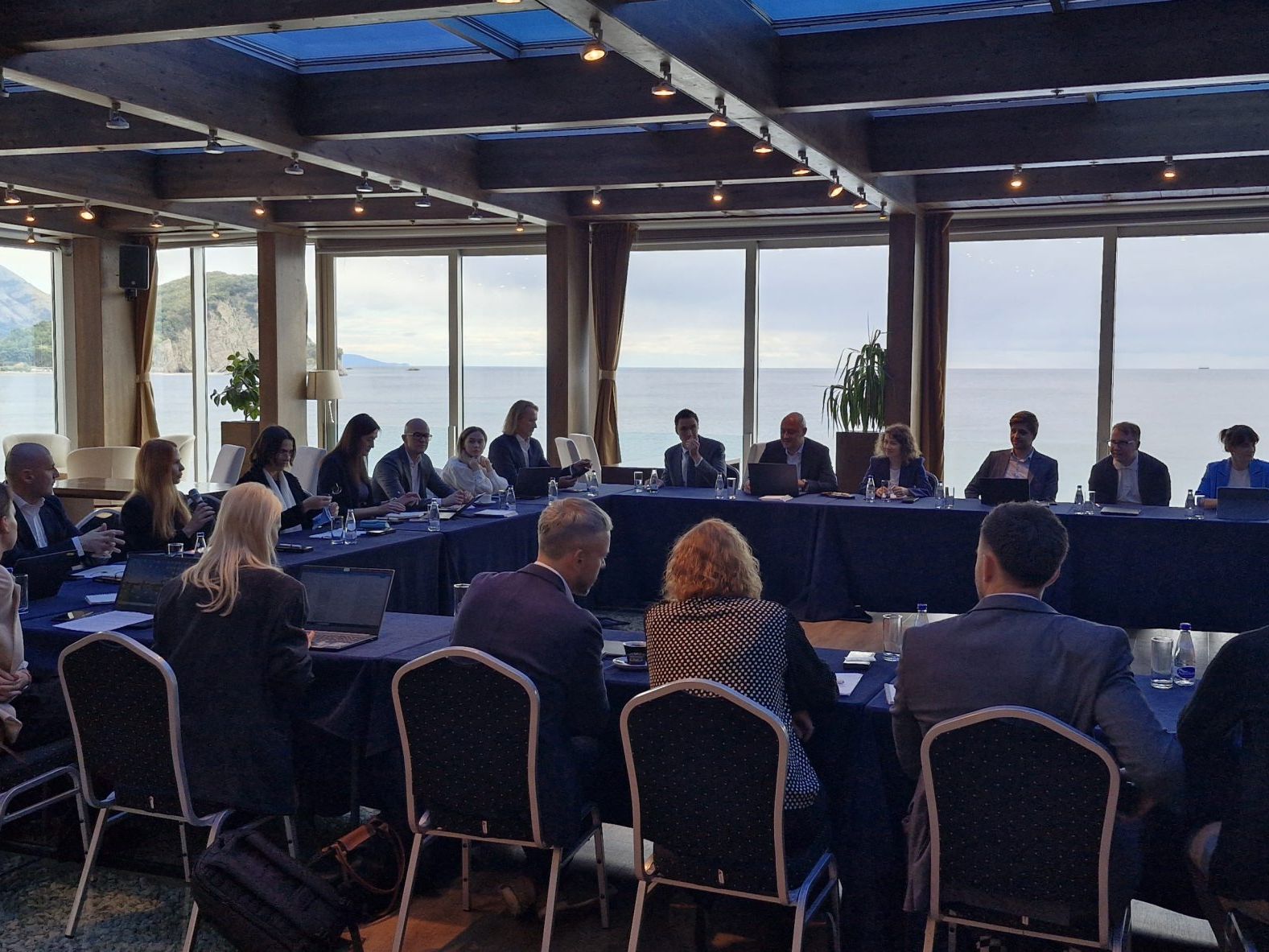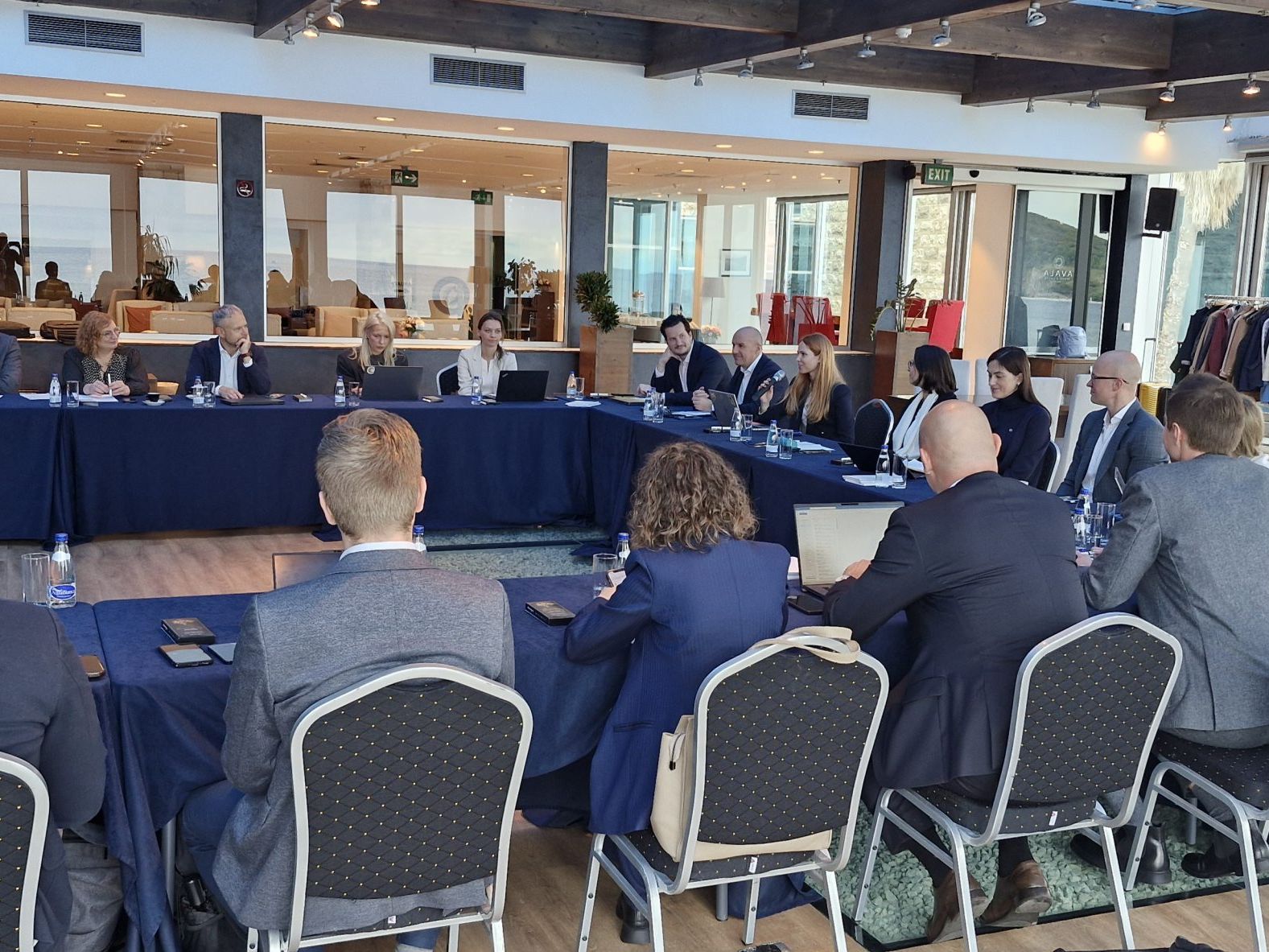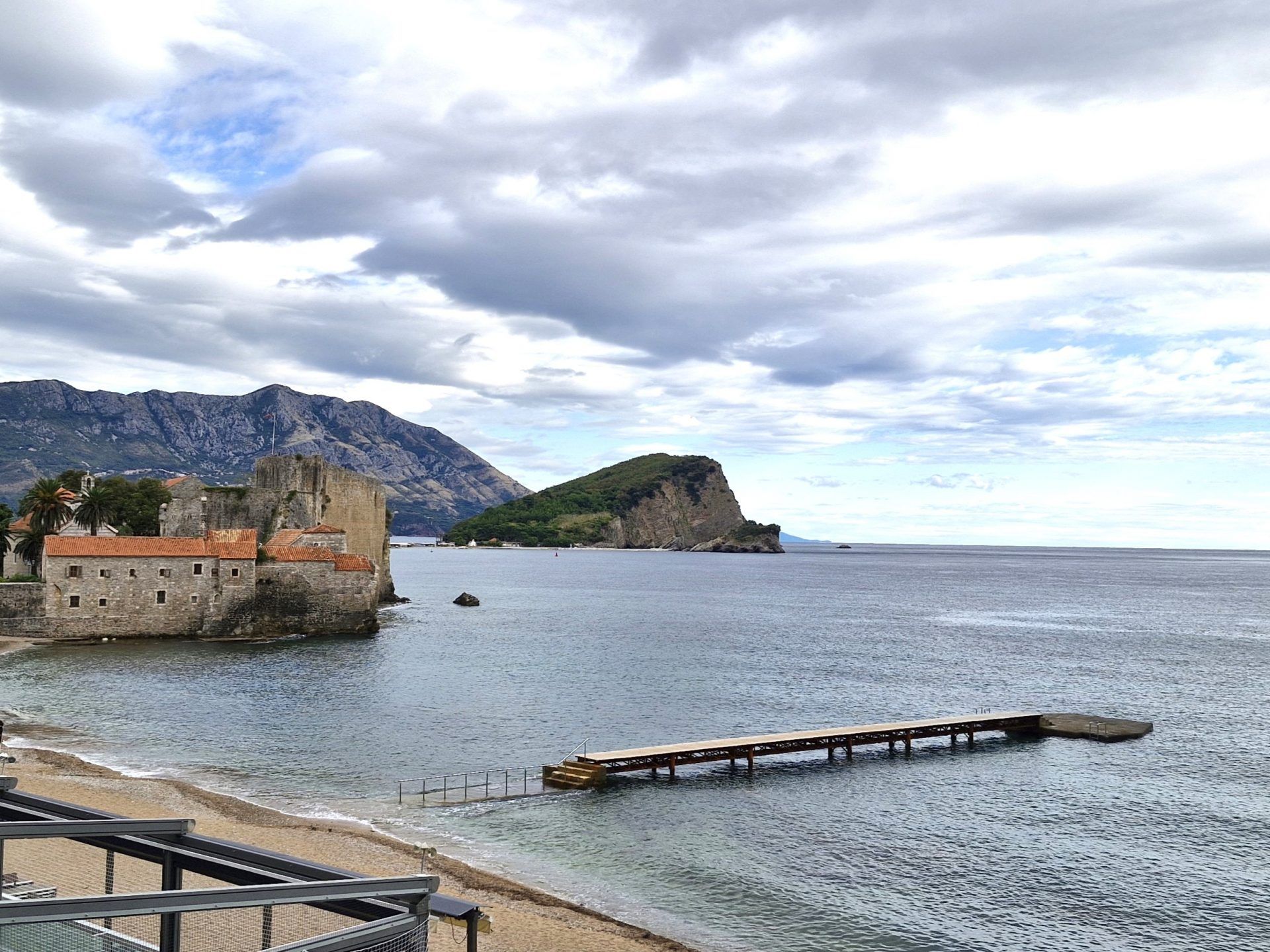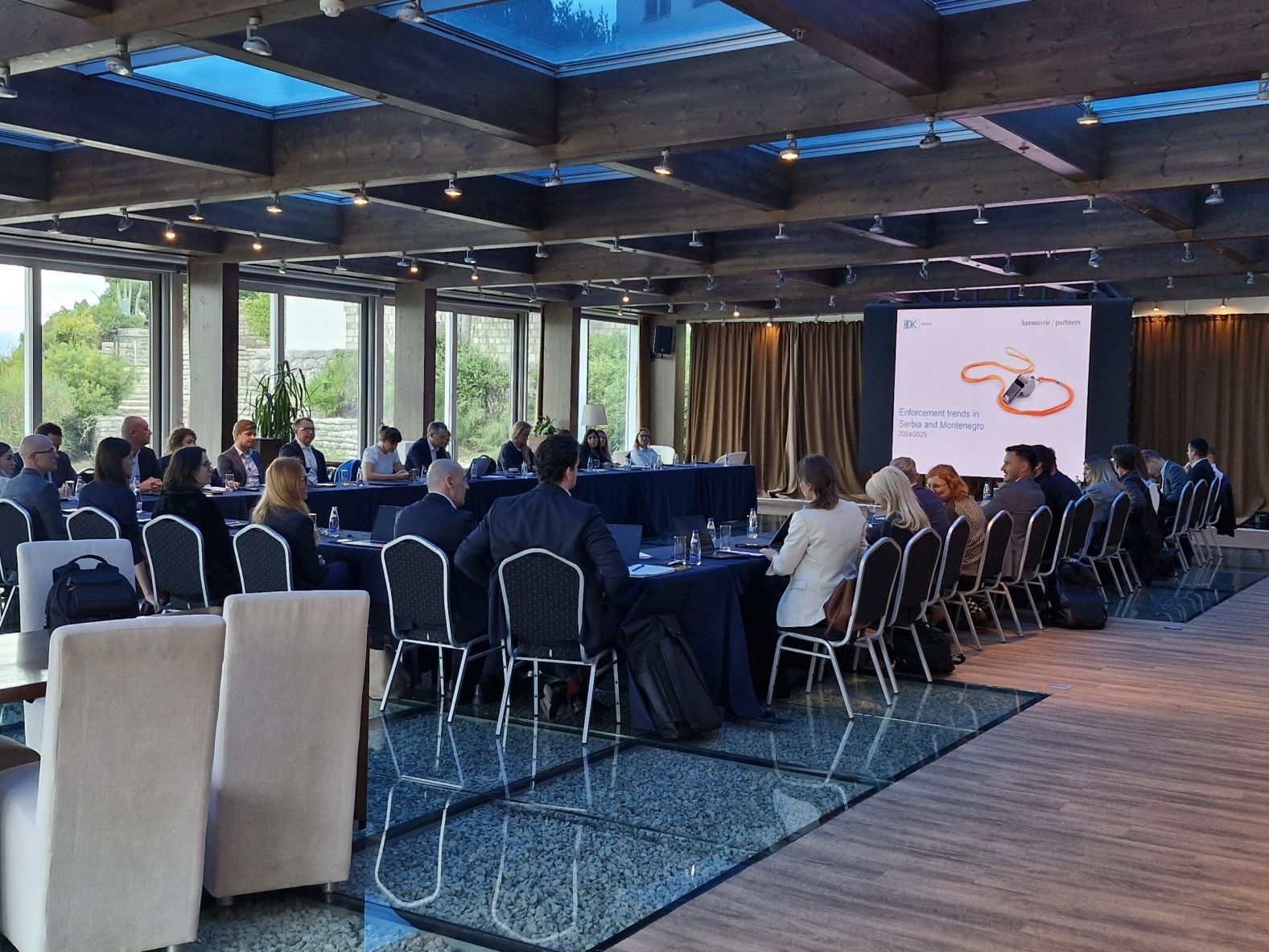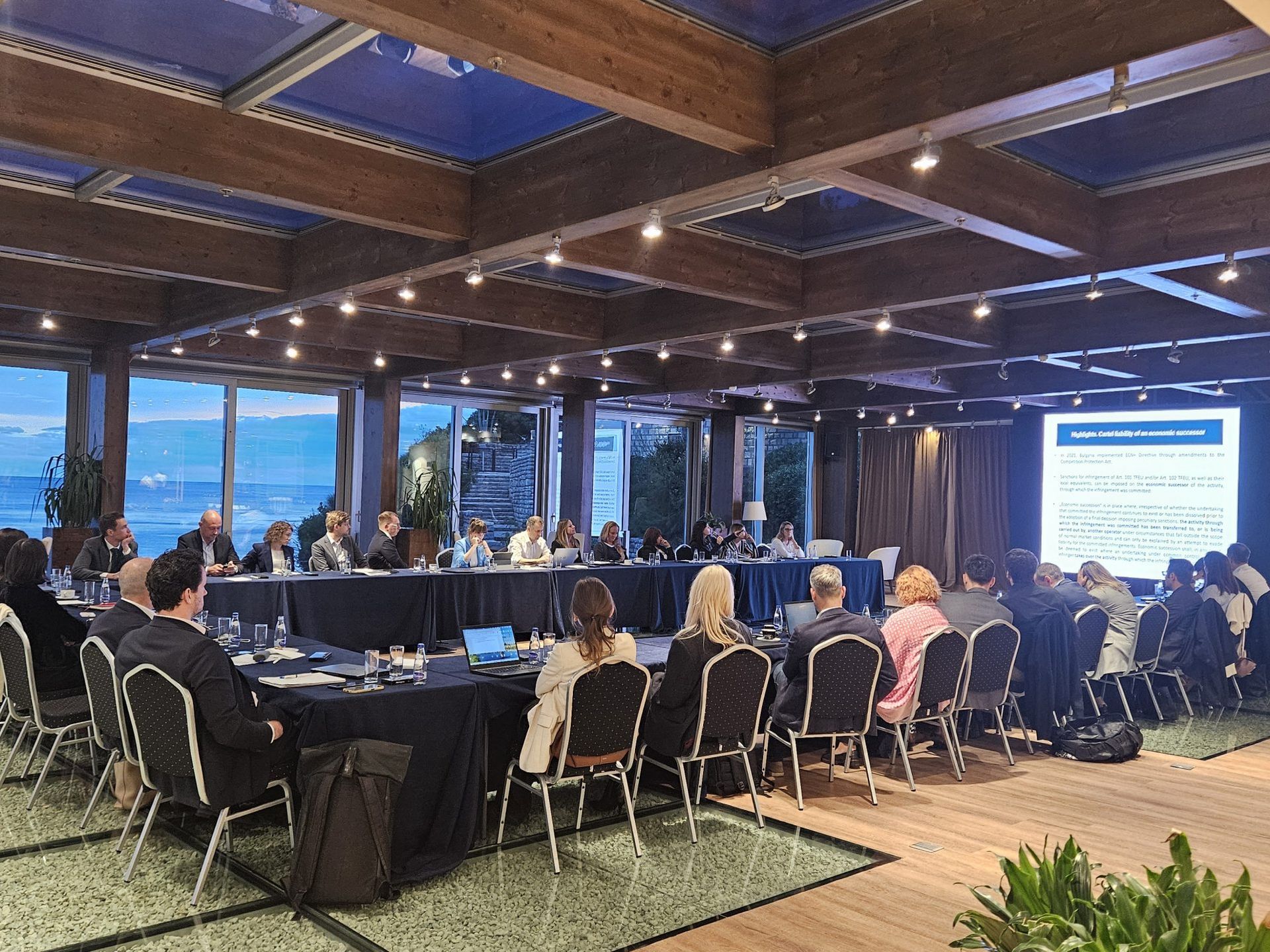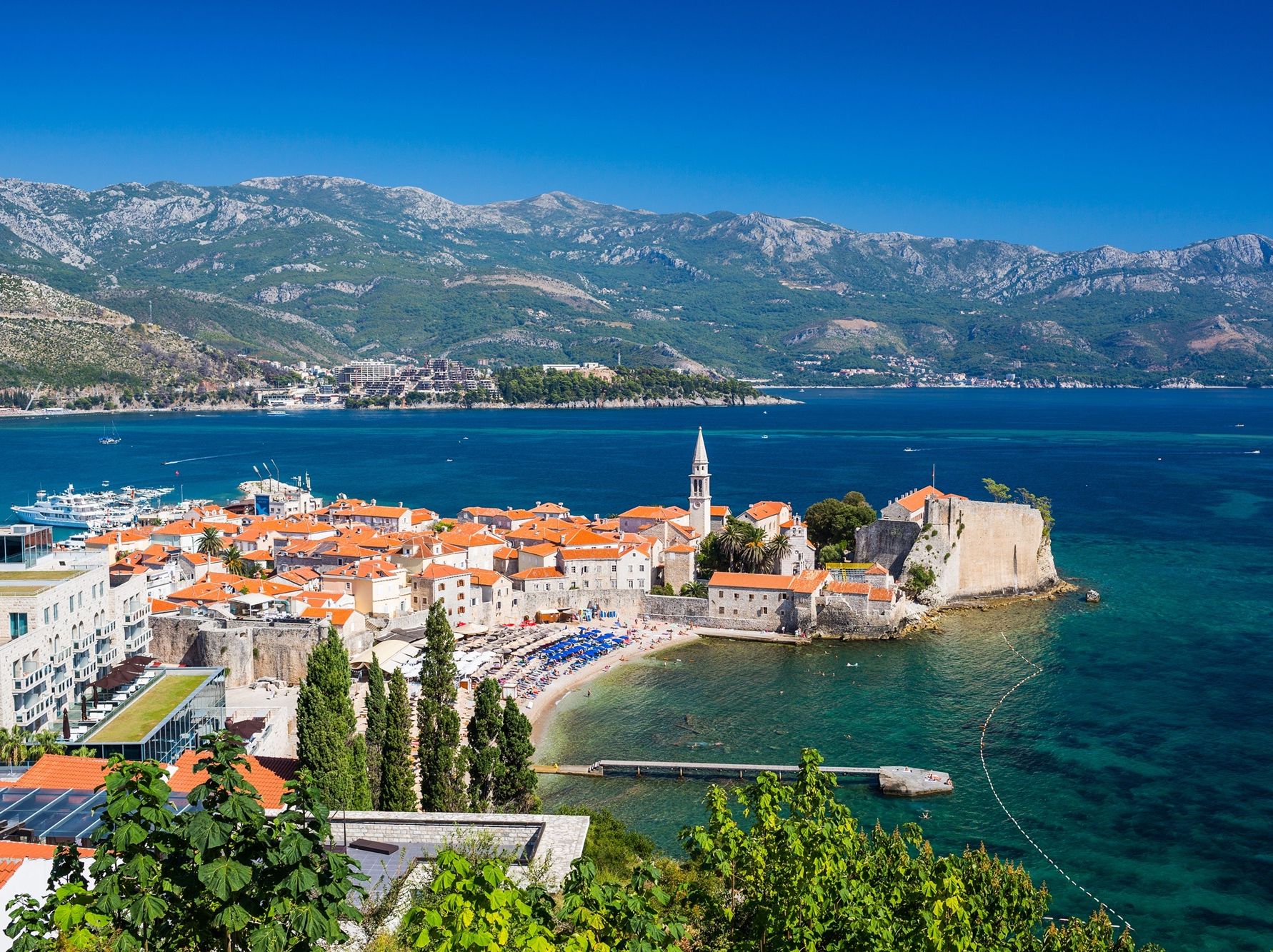BDK Advokati co-hosted CEE Competition Law Day 2025
We had the pleasure to co-host with A&O Shearman the 2025 edition of the annual CEE Competition Law Day. In beautiful Budva, Montenegro, we discussed with our colleagues and friends from A&O Shearman, ARZINGER, AVELLUM, BINDER GRÖSSWANG Rechtsanwälte GmbH, BOYANOV & Co., COBALT Legal, Divjak Topić Bahtijarević & Krka Law Firm, DGKV, Dimitrov, Petrov & Co. Law Firm, Ellex Legal, INTEGRITES, Karanovic & Partners, RTPR, Šavorić & Partners, Sayenko Kharenko, Sorainen, Spasov & Bratanov Law Firm, and TEGOS Legal the latest competition law developments in our jurisdictions.
Highlights & practical takeaways
- National competition authorities across CEE are continuing to be increasingly focused on the retail sector. Regulators are wrestling with the tension between encouraging greater market transparency on one hand and avoiding price parallelism on the other. In some jurisdictions (notably Latvia) speakers flagged apparently contradictory legal expectations: efforts to protect suppliers from being squeezed by retailers (including pressure to accept supplier price increases) while simultaneously expecting suppliers to help keep consumer prices in check. On the other hand, the governments across the CEE region are trying to intervene with short-term policing of retail margins and prices of essential products.
- We also heard about the Austrian Supreme Cartel Court’s decision to increase the gun-jumping fine for REWE from 0 to EUR 70 million is a clear deterrence signal, even where the infringement was described as negligent and where no direct competitive harm or financial enrichment was identified. The ruling underscores that premature implementation of notifiable transactions can attract very large fines and that courts/authorities may prioritise deterrence when setting penalties and use large players to set example on the market.
- In Bulgaria, the purchasers of assets may be held liable as economic successors for competition infringements tied to those assets alongside the legal successor who is still active on the market.
- Hungary demonstrates policy nudges toward consolidation of the telecom markets. Two telecom mergers discussed were approved subject to commitments, a pattern consistent with recent policy thinking that encourages consolidation to support investment in networks. This sits neatly with the broader policy discussion in the Draghi report about boosting EU competitiveness, including proposals that implicitly favour consolidation in telecoms to achieve scale.
A big thank you to Marta Sendrowicz and her team for gathering this exceptional group of lawyers every year. Thank you to all participants for making the trip to Budva in October, regardless of the less-than-ideal weather conditions – we hope that the company and the views were worth it.
Looking forward to continuing the conversation.
